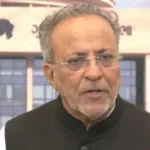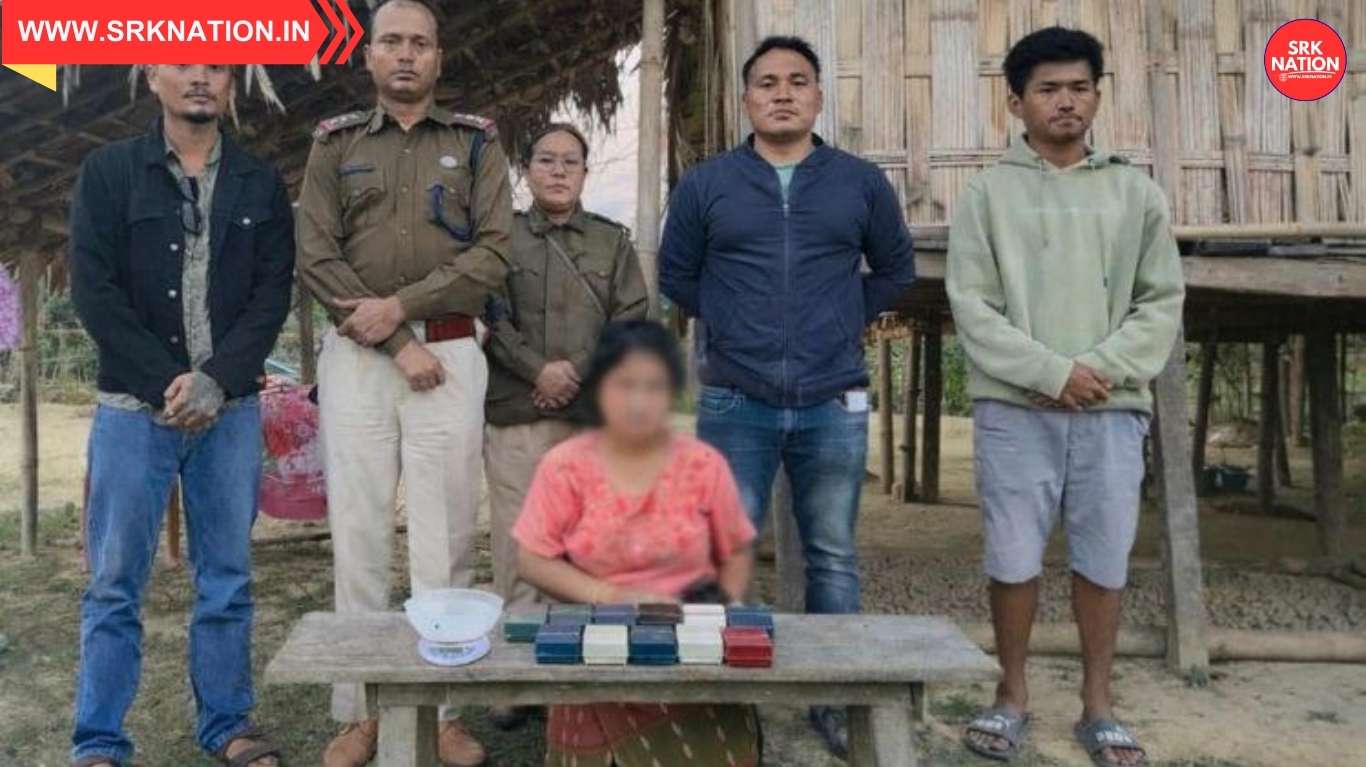Nagaland’s Tourism and Higher Education Minister Temjen Imna Along has reaffirmed that sustainability is the cornerstone of the state’s tourism development strategy, as preparations intensify for the globally renowned Hornbill Festival scheduled from December 1 to 10, 2025. Speaking at the Autumn Festival held at Nagaland House in New Delhi, the Minister emphasized that Nagaland’s tourism model is rooted in environmental consciousness, cultural preservation, and community empowerment.
The Autumn Festival, serving as a curtain-raiser to the Hornbill Festival, showcased the state’s vibrant traditions, organic lifestyle, and eco-tourism potential. Minister Along highlighted that Nagaland, being an organic and environmentally aware state, is committed to promoting tourism that respects nature and uplifts local communities.
Vision for Sustainable Tourism in Nagaland
| Strategic Pillar | Description |
|---|---|
| Eco-Tourism Development | Focus on nature-based experiences and low-impact travel |
| Cultural Preservation | Promotion of indigenous festivals, crafts, and heritage |
| Community Participation | Empowering locals through homestays and tourism cooperatives |
| Infrastructure Sustainability | Use of green building practices and renewable energy |
| Waste Management | Zero-plastic campaigns and responsible tourism guidelines |
Minister Temjen Imna Along stated, “The USP of our festivals is sustainability. We want every visitor to experience Nagaland’s natural beauty without compromising its ecological balance.”
Hornbill Festival 2025: A Showcase of Sustainable Celebration
| Feature | Sustainability Focus |
|---|---|
| Venue Design | Eco-friendly materials, solar lighting |
| Food and Beverage | Locally sourced organic produce |
| Waste Disposal | Segregated bins, composting stations |
| Transportation | Electric shuttles and carpooling initiatives |
| Cultural Programming | Indigenous performances, craft workshops, tribal dialogues |
The Hornbill Festival, often dubbed the “Festival of Festivals,” attracts thousands of domestic and international tourists. This year’s edition will integrate sustainability metrics into every aspect of planning and execution.
Dzukou Valley: Nagaland’s Flagship Eco-Tourism Destination
Nagaland has nominated Dzukou Valley under the “Development of 50 Tourist Destinations of Global Standards” initiative launched by the Ministry of Tourism. The proposal envisions a ₹250 crore transformation plan to position Dzukou Valley as a premier eco-tourism hub.
| Development Component | Planned Investment (INR) | Sustainability Element |
|---|---|---|
| Eco-Lodges and Camps | ₹80 crore | Solar-powered, rainwater harvesting systems |
| Trekking Infrastructure | ₹50 crore | Minimal-impact trails, guided nature walks |
| Biodiversity Conservation | ₹40 crore | Native flora protection, wildlife corridors |
| Waste and Water Management | ₹30 crore | Composting, greywater recycling |
| Cultural Integration | ₹50 crore | Tribal storytelling, local cuisine promotion |
Minister Along emphasized that Dzukou Valley represents Nagaland’s commitment to balancing tourism growth with ecological stewardship.
Community-Centric Tourism Model
Nagaland’s tourism blueprint places local communities at the heart of its development strategy. The government is actively promoting homestays, tribal cooperatives, and skill development programs to ensure inclusive growth.
| Community Initiative | Impact on Locals |
|---|---|
| Homestay Network | Income generation, cultural exchange |
| Craft and Handloom Promotion | Revival of traditional skills, market access |
| Youth Training Programs | Hospitality, guiding, eco-tourism management |
| Women-Led Enterprises | Empowerment through food stalls, handicrafts |
Minister Along noted, “Tourism must be a vehicle for empowerment. Our people are the custodians of our culture and nature—they must benefit first.”
Policy Framework and Partnerships
Nagaland’s tourism department is working closely with national and international agencies to embed sustainability into policy and practice.
| Partner Organization | Area of Collaboration |
|---|---|
| Ministry of Tourism (India) | Infrastructure funding, destination branding |
| UNDP | Sustainable development goals integration |
| WWF India | Biodiversity conservation and eco-tourism guidelines |
| NECTAR | Technology for sustainable tourism |
The state is also exploring carbon offset programs and green certification for tourism operators.
Digital and Green Marketing Strategy
Nagaland is leveraging digital platforms to promote its sustainable tourism vision. Campaigns focus on responsible travel, cultural immersion, and nature appreciation.
| Marketing Channel | Campaign Focus |
|---|---|
| Instagram and YouTube | Visual storytelling of eco-destinations |
| Travel Portals | Sustainability filters for accommodations and activities |
| Influencer Collaborations | Ethical travel narratives and local engagement |
| State Tourism Website | Green itineraries, eco-certification badges |
The goal is to attract conscious travelers who value authenticity and environmental responsibility.
Challenges and Road Ahead
Despite its progress, Nagaland faces challenges in scaling sustainable tourism.
| Challenge | Mitigation Strategy |
|---|---|
| Infrastructure Gaps | Phased development, PPP models |
| Climate Vulnerability | Disaster-resilient design, early warning systems |
| Tourist Education | Pre-arrival orientation, signage, local guides |
| Funding Constraints | Multilateral grants, CSR partnerships |
Minister Along acknowledged these hurdles and reiterated the government’s commitment to long-term solutions.
Conclusion
Nagaland’s tourism vision, as articulated by Minister Temjen Imna Along, is a compelling blueprint for sustainable development in India’s northeast. By placing ecology, culture, and community at the center of its strategy, the state is redefining what responsible tourism looks like. As the Hornbill Festival approaches, Nagaland is not just inviting tourists—it’s inviting them to be part of a movement that celebrates nature, nurtures heritage, and empowers people.
Disclaimer: This article is based on publicly available government statements and media reports. It does not constitute travel advice or policy endorsement. All views expressed are for informational purposes only.











